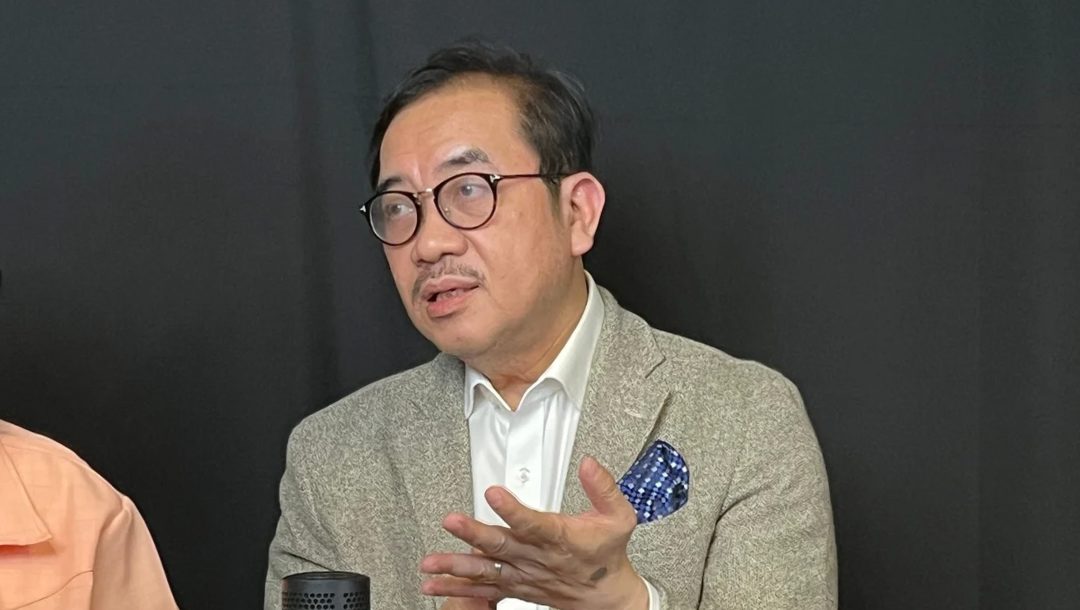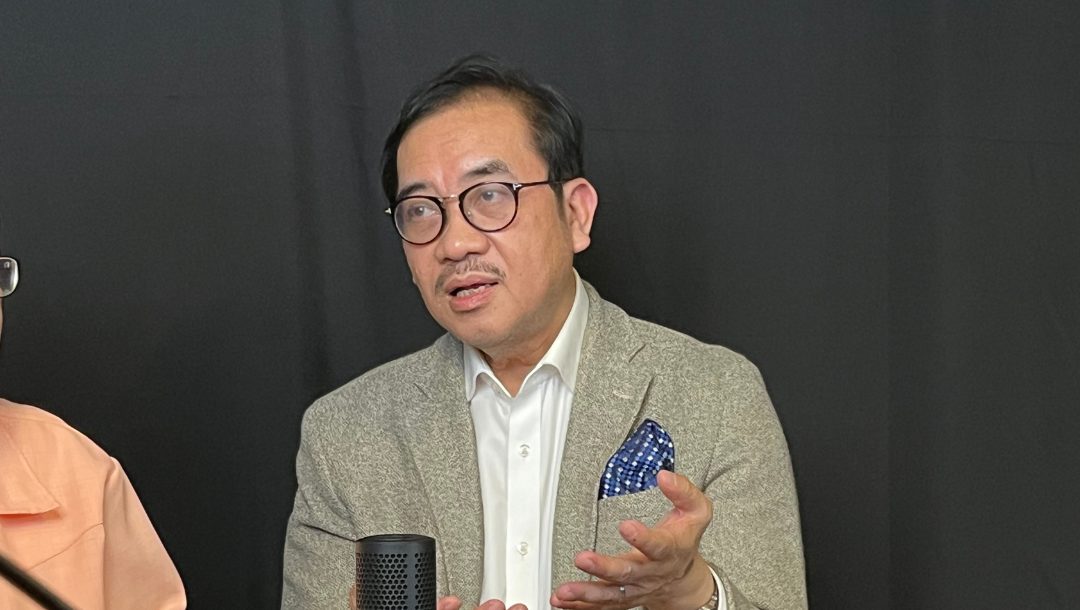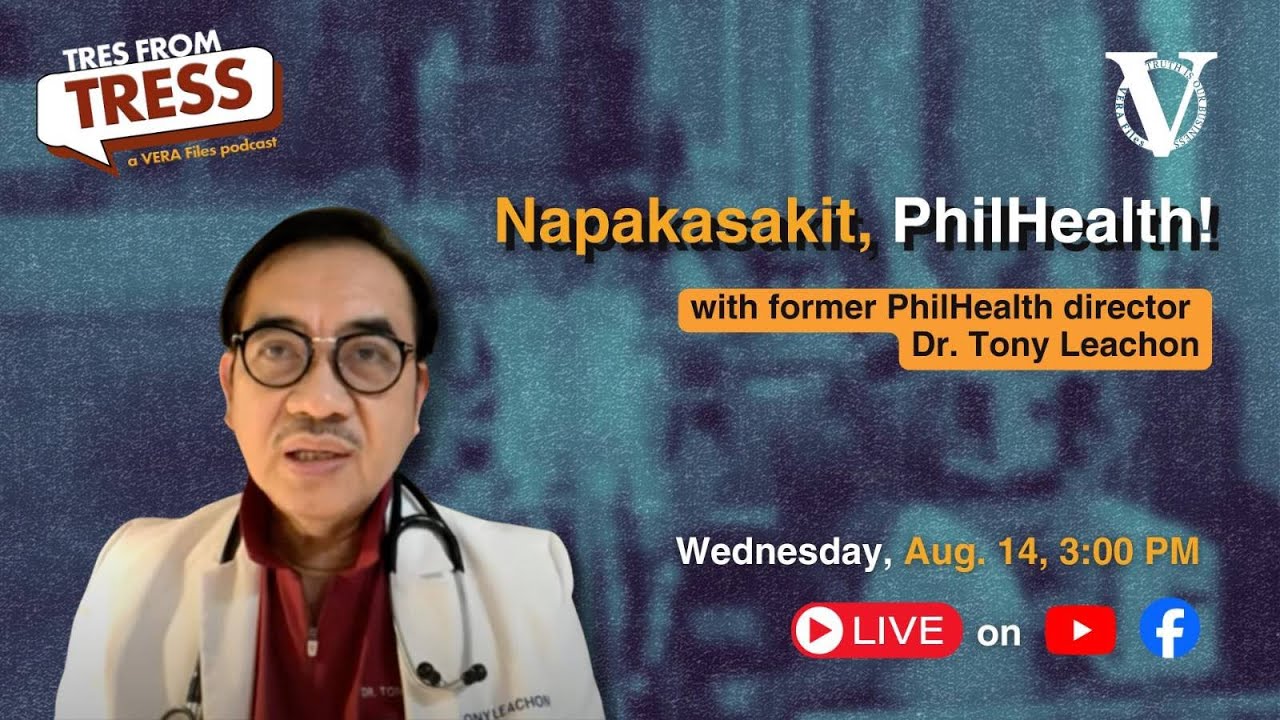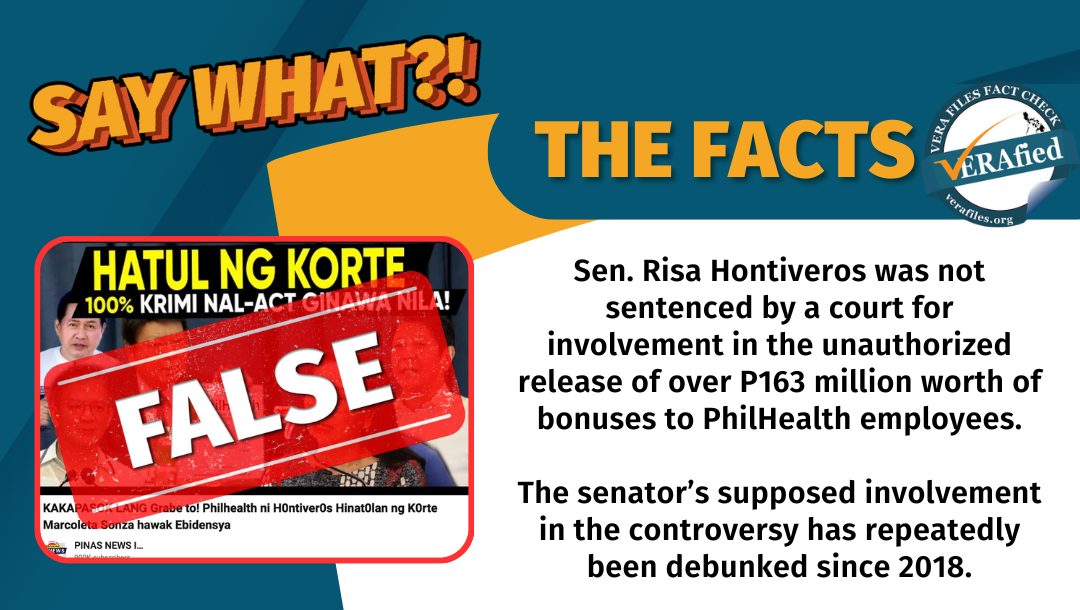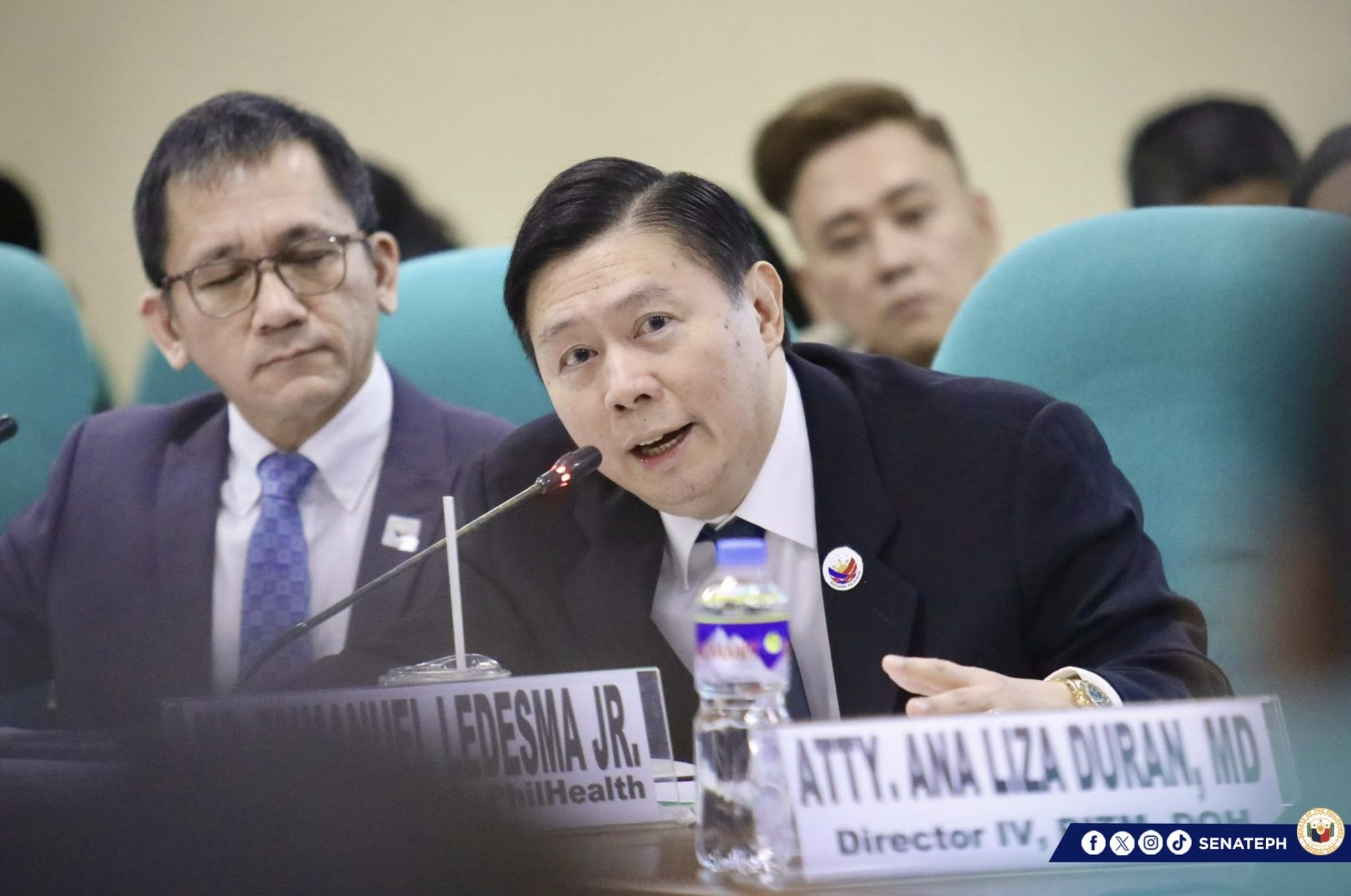The P89.9-billion unused funds of the Philippine Health Insurance Corp.(PhilHealth) could have been used to create or increase packages for wellness instead of reverting the money to the national treasury, according to Dr. Anthony Leachon.
The health reform advocate, himself a director of PhilHealth from 2016 to 2019, criticized the agency for its lack of “innovative thinking” that led to funds stagnating.
It was the non-use of the government’s subsidy to the corporation that prompted Finance Secretary Ralph Recto to order the transfer of the excess funds to cover unprogrammed appropriations in the 2024 national budget, primarily for infrastructure and job generation projects.
Leachon, who sat down with VERA Files for the Aug. 14 episode of Tres from Tress podcast, is among the medical professionals alarmed over the ongoing transfer of funds, with the first tranche of P20 billion already reverted last May.
The oppositors, including Sen. Koko Pimentel, argue the move is unconstitutional. They have filed a petition before the Supreme Court to stop the transfer, with the second tranche of P10 billion scheduled this month.
“Kahit meron kang reserve funds, dapat zero sum. Ibig sabihin, gagamitin ho ‘yon. At hindi savings bank ang PhilHealth kasi ginagasta ‘yan para sa kalusugan,” he said.
(Even if you have reserve funds, it should be zero sum. That means it should be used. PhilHealth is not a savings bank because the funds are meant to be spent on health.)
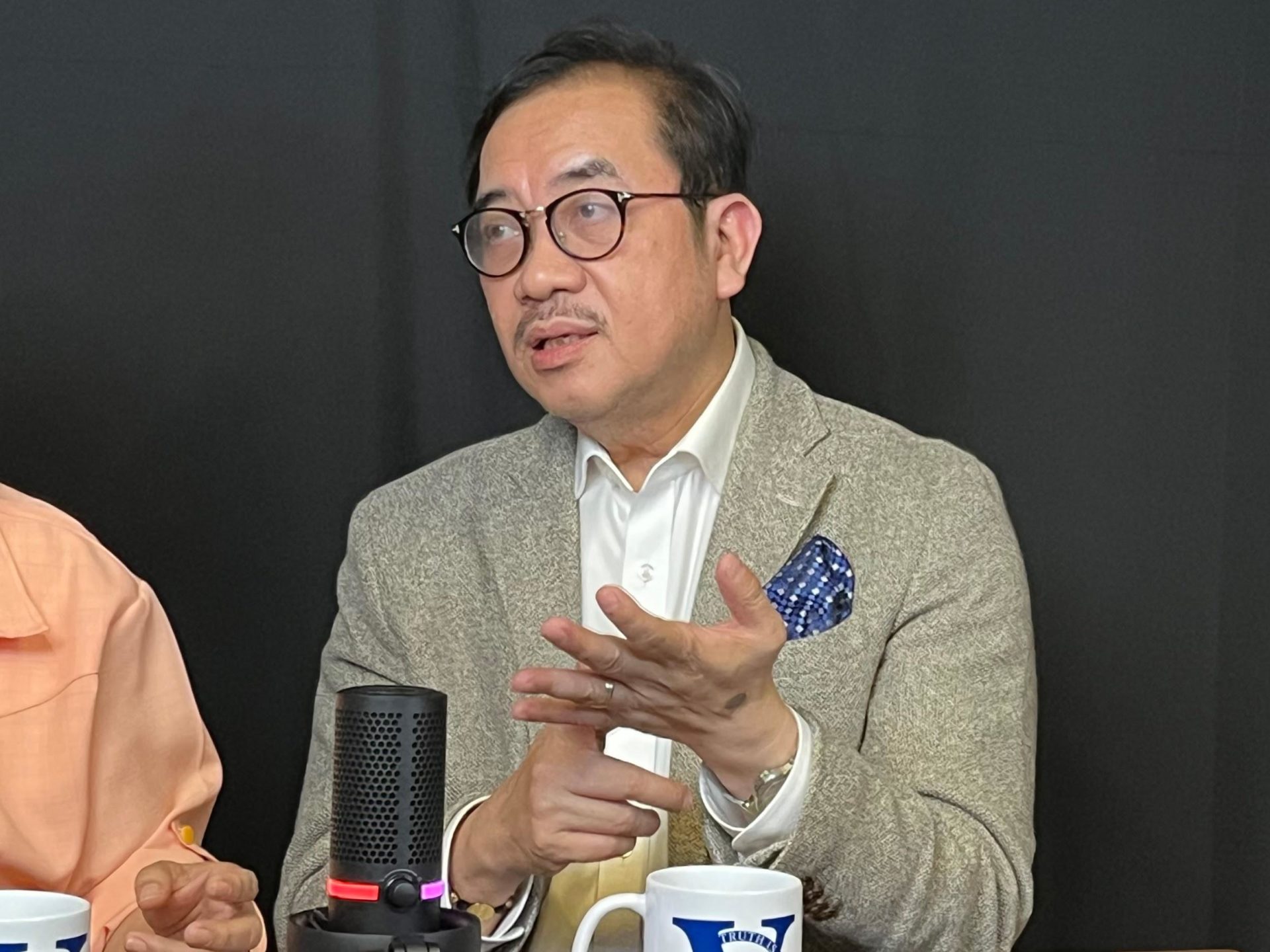
Leachon suggested instead that PhilHealth allocate any excess funds for expanding coverage for outpatient services or procedures which do not require hospitalization.
At present, aside from hospital confinement, the agency partially subsidizes four outpatient procedures: day surgeries, radiotherapy, hemodialysis and blood transfusion.
In October 2023, PhilHealth launched an outpatient package for mental health cases, which includes consultations and psychosocial support services at accredited facilities. However, this benefit is still in the “transitional phase.”
A study by the University of the Philippines’ School of Economics found that from 1991 to 2022, 45% of the health expenses of Filipinos were paid out of pocket. The rest of the share was covered by local and national government programs at 30%, while PhilHealth’s share was only 14%.
Leachon, a popular social media influencer on health issues and a clinical practitioner, lamented that out-of-pocket expenses were closer to 60% at present and, because of this prohibitive expense, people refuse treatment, or even to see a physician.
Offer regular screening
Providing more outpatient services, specifically wellness packages, will help decrease the country’s Total Health Expenditure, or the amount spent for providing health services to the citizens, which, in 2022, totalled P1.2 trillion.
“Sana ma-include [ang screening sa PhilHealth packages], para sa ganoon ‘yung mga tao nalalaman na meron silang potential or propensity to develop diseases at hindi na lang sila magugulat,” Leachon said.
(I hope that screenings can be included in PhilHealth packages so that people would know if they have the potential or propensity to develop diseases and they will not be caught by surprise.)
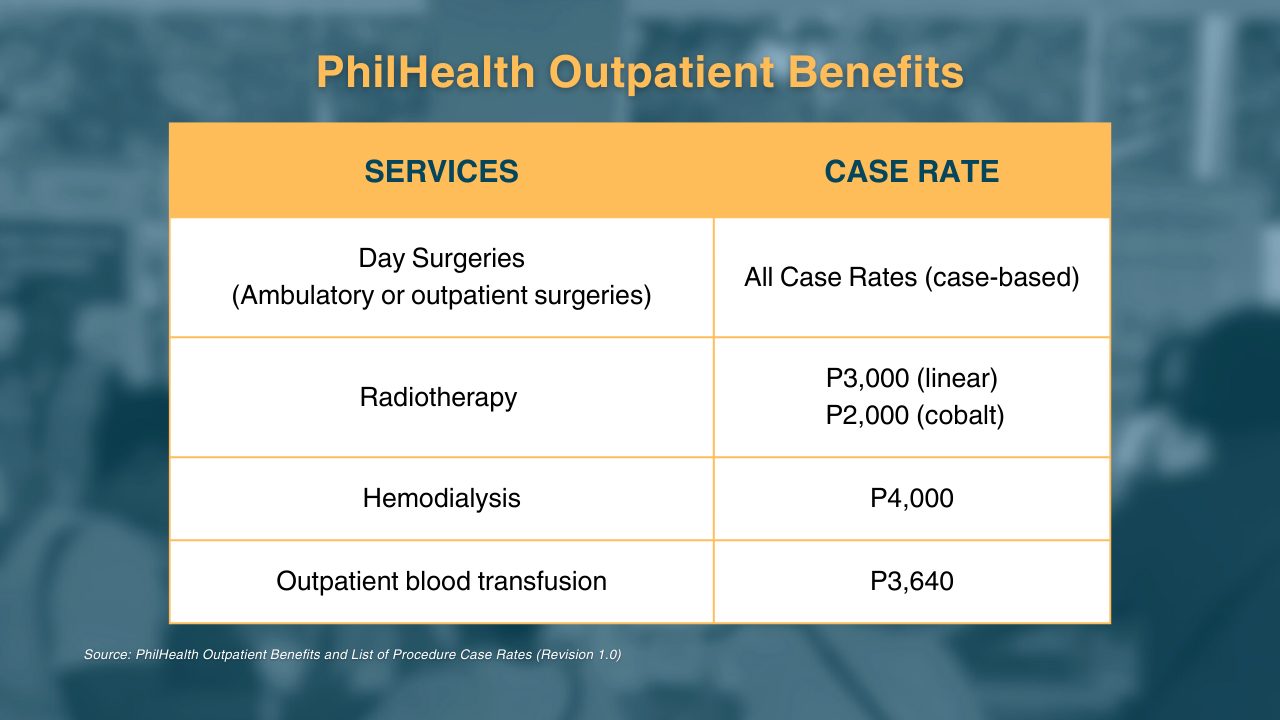
He suggested that members be issued a PhilHealth outpatient card that will cover consultation, laboratory fees and even basic medication to empower people to take care of their health without having to worry about costly services they otherwise cannot afford.
“You have the power of an outpatient card na maipe-present mo, hindi ka matatakot kahit mahirap ka,” Leachon pointed out.
(You have the power of an outpatient card that you can present, without having to fear the costs even if you are poor.)
The popular cardiologist-health advocate explained that providing for laboratory screening twice a year of basic markers (blood sugar, complete blood count, cholesterol and liver panels, urinalysis and x-ray) goes a long way in helping prevent or manage conditions that could develop into critical diseases such as diabetes, hypertension or cancer.
PhilHealth’s P89.9 billion excess funds ordered by the Department of Finance reverted to the national treasury in April is not from member contributions, Recto said in defending the legality of the transfer.
‘Stealing funds’
PhilHealth gets its budget from a combination of the following: appropriation from Congress through the General Appropriations Act (GAA), a percentage of the Philippine Charity Sweepstakes Office charity fund, a portion of the government’s share from revenues of the Philippine Amusement and Gaming Corp. and 85% of the taxes collected from the sale of cigarettes and alcohol products (sin taxes).
From the GAA alone, PhilHealth was allocated P61.5 billion this year and is requesting P74.4 billion for 2025.
With the Sin Tax Reform Act signed in 2012, the projected increase in taxes from sin products was earmarked for the implementation of the Universal Health Care Act or Republic Act 11223 enacted in 2019.
UHC should have automatically entitled every Filipino to PhilHealth benefits, including comprehensive outpatient services.
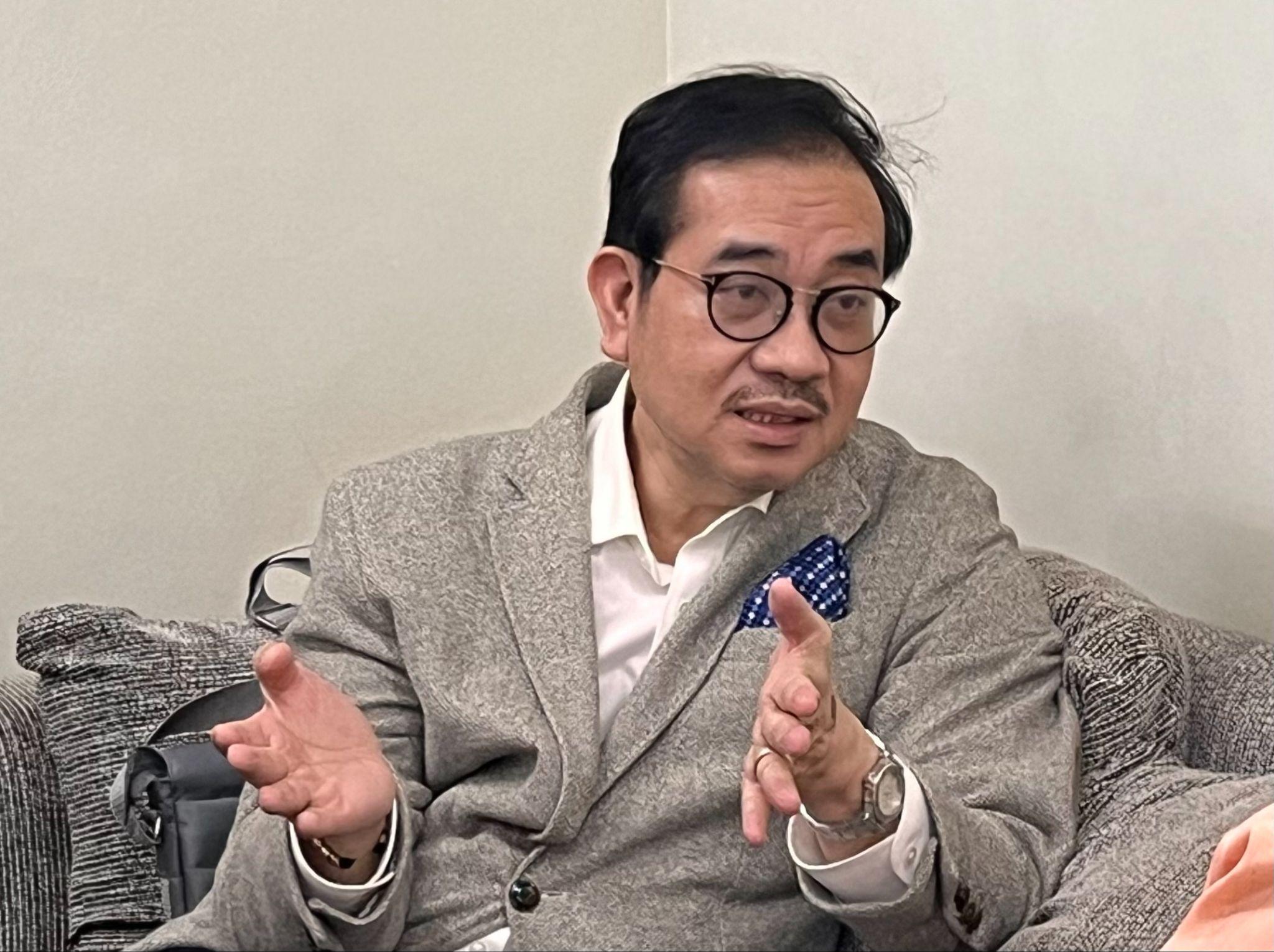
Pending full implementation of RA 11223, Leachon insisted this is one clear reason why using any excess PhilHealth funds for non-health related projects is unconstitutional.
“You have enough money for implementation, and yet ninakaw ‘yung pera … Hindi ho talagang tama ‘yon; doon nakakatampo kung ikaw ay isang ordinaryong Filipino,” he said.
(You have enough money for implementation, and yet the money was stolen … It’s really not right, that would be frustrating if you were an ordinary Filipino.)
The Finance department said in a statement that PhilHealth members’ contributions will remain untouched. Unspent funds from government-owned and controlled corporations, such as PhilHealth, will help finance infrastructure projects, including the ongoing Metro Manila Subway, the country’s first underground railway system.
But Leachon pointed out the difference between using the funds for long-term infrastructure projects – which is seen to spur economic development – and health cases that need funding every day.
“‘Yung infrastructure na sinasabi ni Secretary Recto can help, eh, samantalang on everyday basis, kung ire-release mo lang ‘yung pera, magagamit kaagad ng isang nagpapa-ospital. Napakasimple, kasi ‘yung isang infrastructure it will take years, eh, samantalang health, everyday may nagkakasakit,” he said.
(The infrastructure that Secretary Recto is referring to can help, but on an everyday basis, if you release the funds, it can immediately benefit those who are hospitalized. It’s simple, because infrastructure will take years, but with health, there are sick people everyday.)
VERA Files has reached out to PhilHealth for comment. The organization has yet to issue a response as of press time.
